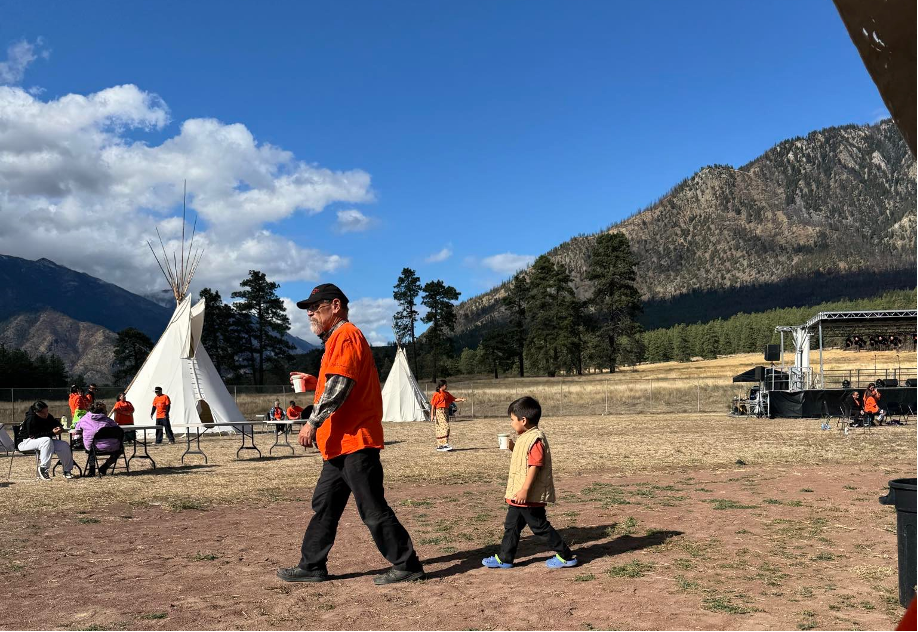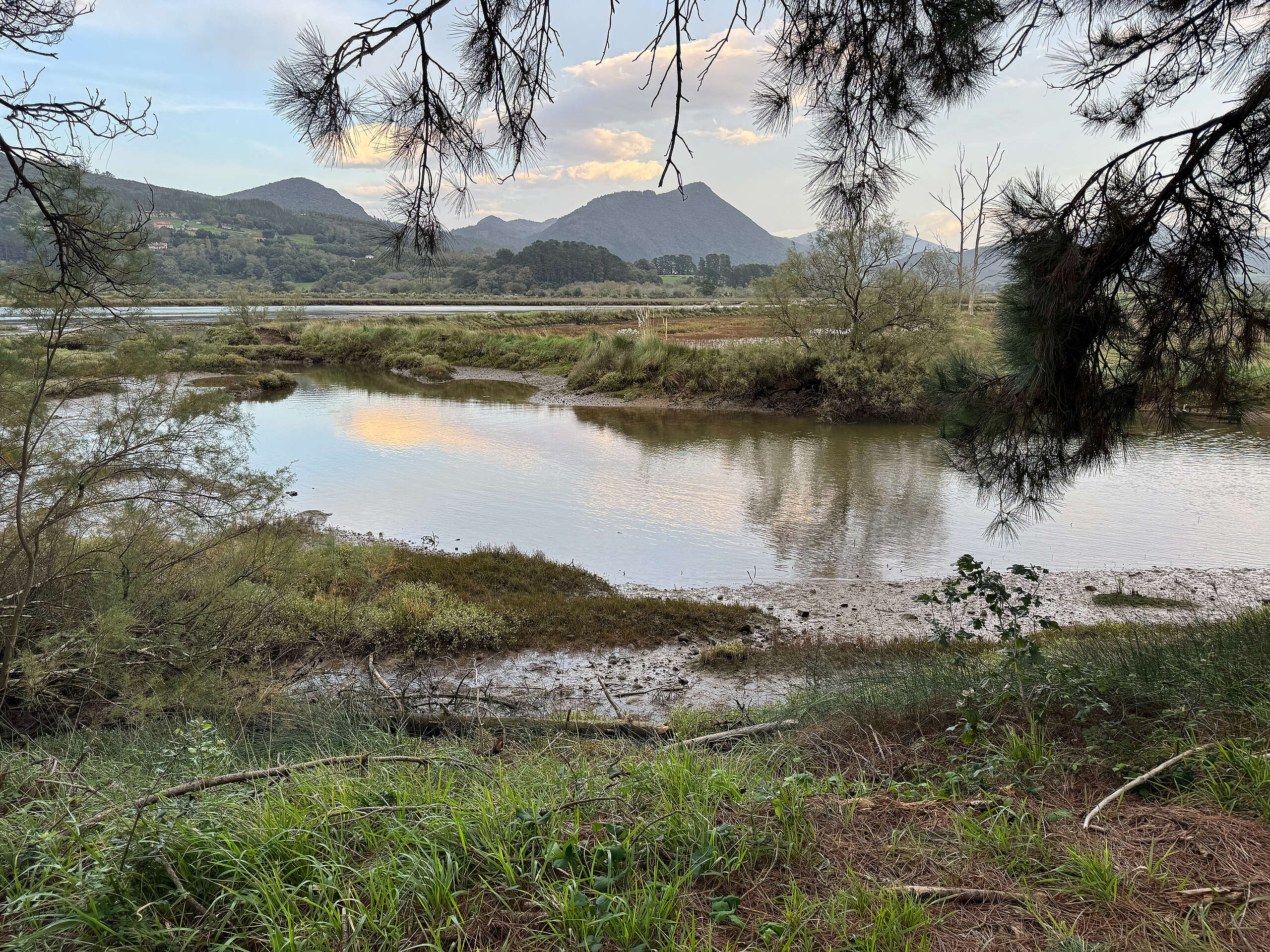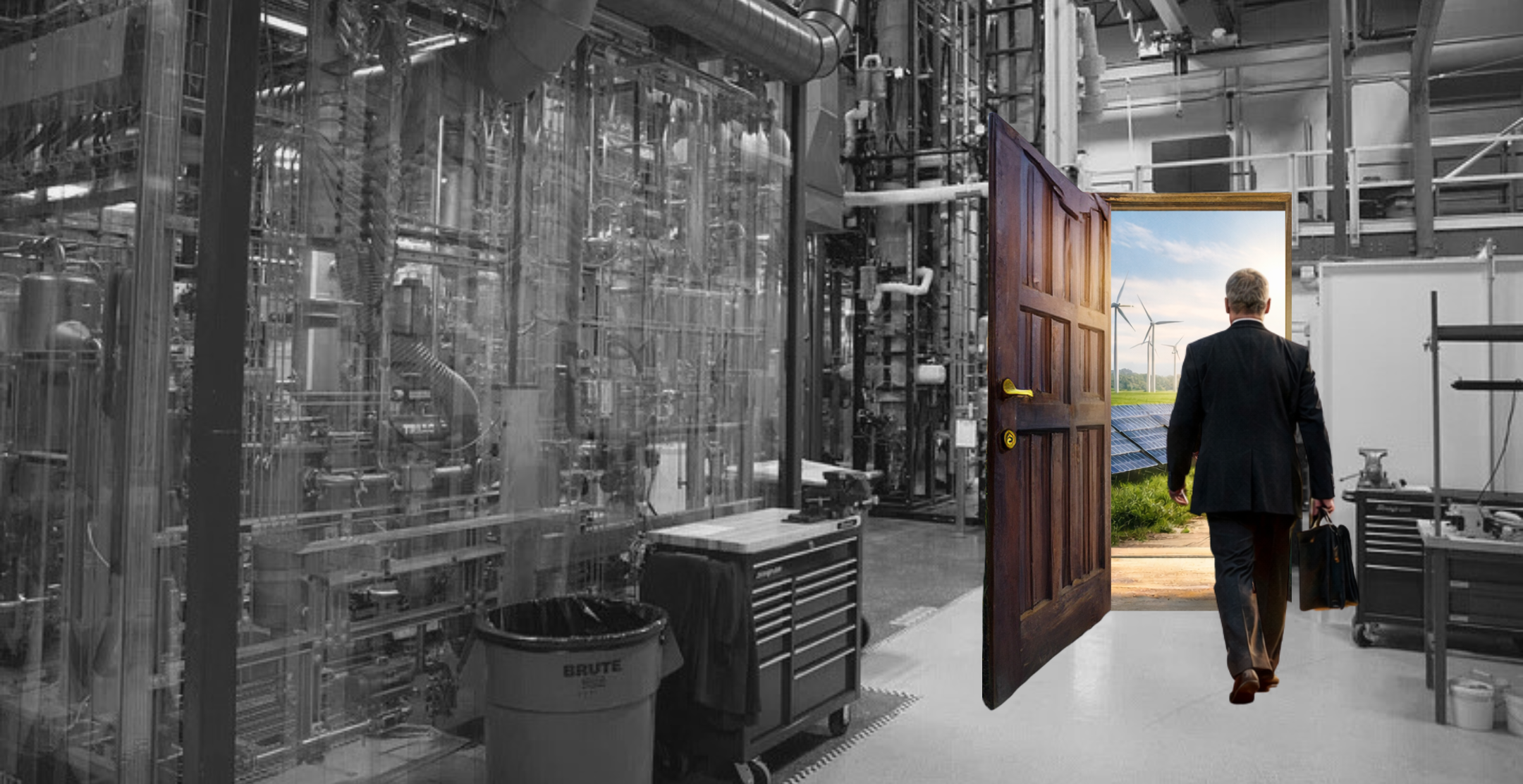Prime Minister Mark Carney has just introduced legislation (the Building Canada Act) which could end up being a bigger giveaway to the oil and gas lobby than Stephen Harper’s highly divisive 2012 omnibus bill, which launched the Idle No More Indigenous-led movement and kicked pipeline battles into high gear.
I say it “could” for two reasons. First, this is draft legislation (full text here) so there’s still time for the bill to be amended. Second, the real-world impacts depend on what projects make it onto the fast-track list.
Your voice can affect both of those.
Tell Carney to fast track climate solutions, not fossil fuels.
What’s in the Bill?
Our legal-eagle friends over at Ecojustice have produced a more detailed assessment of how this continues a disturbing trend of eroding democracy and parliamentary government but here are some highlights:
- Bill C-5 would create a federal “major projects office” that would identify and place projects deemed “of national interest” on a list for priority treatment. Once a project is on that list, they won’t have to go through the regular approvals process and can be exempted from meeting the requirements of 13 different Acts of Parliament, including the Fisheries Act, Species at Risk Act, Canadian Environmental Protection Act, Impact Assessment Act and the Indian Act.
- The bill suggests things that can be considered in deciding what projects make it onto the list, (like “advance the interests of Indigenous people”, “meeting Canada’s objectives with respect to climate change” and “provide economic or other benefits to Canada”), but they are just suggestions. In the end, Cabinet “may consider any factor” it deems relevant, so there are no clear criteria nor is there a requirement to consult the public.
- This will result in a highly politicized process where it is not the best project that makes it on the list, but the project with the most expensive lobbyists. The absence of required criteria for deciding whether projects are in the national interest will encourage backroom politicking and closed-door negotiating with powerful corporations, especially given the enormous value of making the list.
- It is not clear if, or how, “national interest” projects will ensure the free, prior and informed consent of Indigenous peoples. The preamble of the bill refers to the United Nations Declaration on the Rights of Indigenous Peoples (which includes the right to free, prior and informed consent), but the bill makes no commitment to consent regarding the designation of national interest projects, only consultation. We are already seeing growing opposition from Indigenous organizations to similar provincial-level legislation in Ontario and British Columbia, as the desire to fast track resource extraction projects collides with Indigenous rights.
- The power to designate projects as in the national interest lasts for 5 years from the time it comes into force, which means that it will also be available to the next government. Even if the current government claims that they won’t misuse the extraordinary powers in the bill (which is hard to take on faith), they can’t say the same for the next government.
The government is claiming that it needs these emergency powers to deal with the threat posed by the Trump Administration’s imposition of tariffs. Yet it has been six years since the federal government declared a climate emergency and as it is currently written this bill does not take the opportunity to address that emergency.
We do need dramatic action to break away from the status quo, but we should be fast tracking climate solutions, not fossil fuels. To even consider designating oil and gas expansion projects as in the national interest is a slap in the face to not just the next generation, but every Canadian struggling right now to deal with climate change-fueled wildfires.
Instead of pouring public resources into climate-wrecking infrastructure, Canada should be building solar farms, expanding clean energy grids, and supporting resilient, low-carbon communities across the country. And any effective strategy is going to have to be built on Indigenous knowledge and leadership.
It’s not too late to make this happen. Join us in telling Prime Minister Carney:



